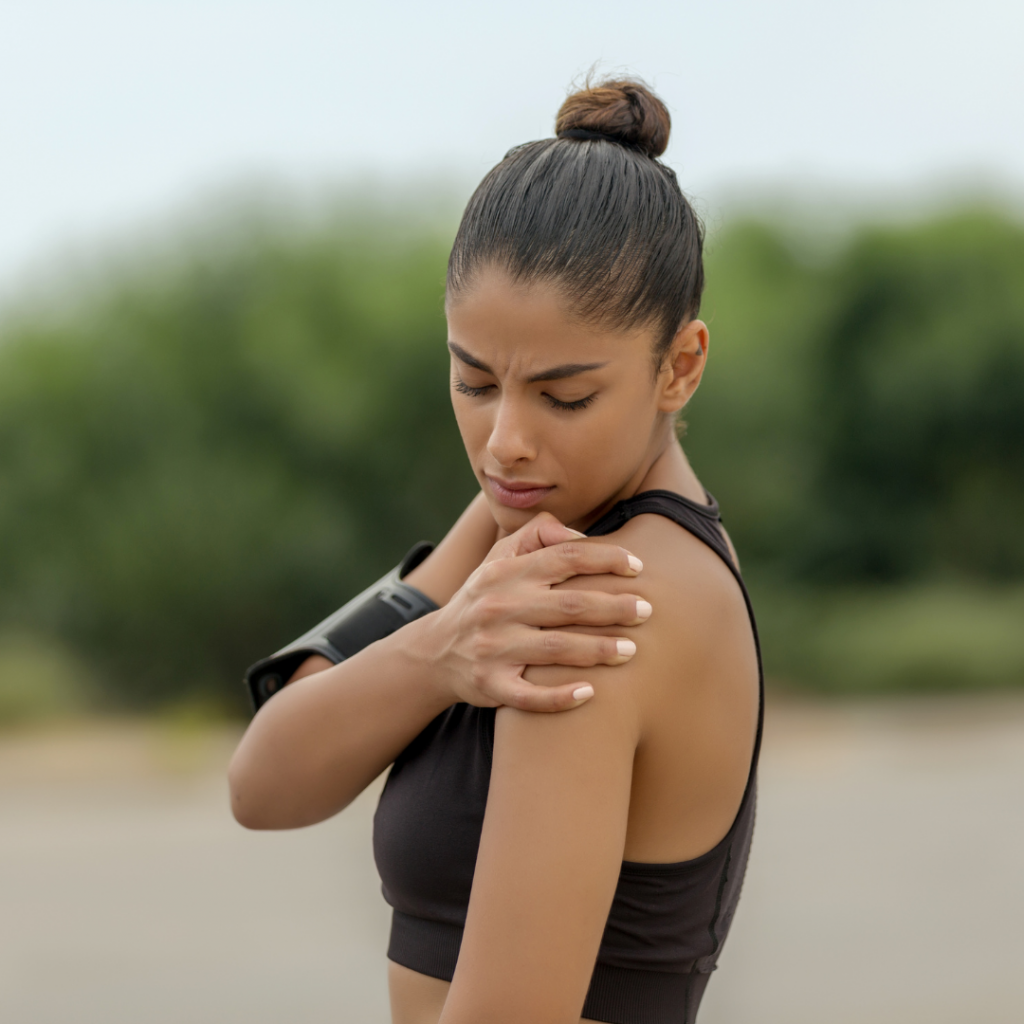The shoulder is a very important part of the body. The shoulder is responsible for many actions that are a part of our daily lives. We use our shoulders to reach for something, stretch, exercise, etc. One of the common injuries to the shoulder is a shoulder dislocation. A shoulder dislocation occurs when the upper arm bone pops out of the socket attached to the shoulder blade. The shoulder is very flexible; therefore, it is more prone to being dislocated. When a shoulder is dislocated for the first time, it becomes more prone to further and repeated dislocations; hence it is important to know what to do after a shoulder dislocation. If you have dislocated your shoulder and are looking for the Best Shoulder Surgeon in NYC, Dines Orthopedics is here to help.
Causes and Symptoms of a dislocated shoulder:
Before understanding what to do after a shoulder dislocation, it is crucial to understand what causes a shoulder dislocation and its probable symptoms. A shoulder can be dislocated in many ways. It can be dislocated in all different directions. These include forwards, backward, downwards, partially, and completely. A shoulder dislocation is caused by a strong, sudden force involving stretching or twisting.
Sports are the most common cause of shoulder dislocations, especially in sports involving direct contact, like football and hockey. Additional causes of shoulder dislocation include trauma to the shoulder through car accidents and falls. After the initial injury occurs, numbness, weakness, or tingling in the shoulder may be experienced. The numbness and tingling could also spread to the neck and possibly down the arm. Some additional symptoms of a shoulder dislocation include:
- Tenderness
- Nerve or blood vessel injury
- Swelling
- Visible deformity
- Out-of-place shoulder
- Bruising
- Pain
- Difficulty moving the shoulder
If you experience these symptoms, visit our Best Shoulder Surgeon in NYC for treatment for your dislocated shoulder.
What to do after Shoulder Dislocation:
If you suspect that you have dislocated your shoulder, it is recommended to see a doctor as soon as possible. However, if you can’t make it to a doctor right away, there are a few things you should do after the dislocation. First off, don’t move the shoulder. If you have a splint, place it on the shoulder to keep it stable until you can seek medical attention.
Also, do not attempt to pop the shoulder back into the socket because this can cause more issues if done incorrectly. Next, ice the shoulder to help reduce the swelling and pain. You can also apply heat to loosen up the shoulder and relieve pain. Some additional tips for what to do after a shoulder dislocation are:
- Avoid painful movements
- Avoid heavy lifting and overhead movements
- Take over-the-counter pain reliever medications like Advil, Motrin, Tylenol, Aleve, etc.
- Do gentle stretching and exercises a few days after the injury to maintain the range of motion in the shoulder.
Physical activity to do after a shoulder dislocation:
Doing light physical activity after a shoulder dislocation is very beneficial to prevent further injury and help speed up the recovery process. Physical activity should be light and nothing too strenuous. Some shoulder stretches, and strengthening exercises can be done with light weights.
Even though some physical activity is helpful after a shoulder dislocation, it is also important to remember that an injury takes time to heal, so you should avoid sports, heavy weightlifting, and reaching above your shoulder until your shoulder is fully recovered. For more information on shoulder dislocations and what to do after, contact Dines Orthopedics’ Best Shoulder Surgeon in NYC.
Best Shoulder Surgeon in NYC
At Dines orthopedics, the Best Shoulder Surgeon in NYC has years of experience treating patients with shoulder dislocations. These serious dislocations require medical attention to help the shoulder heal properly. If you have dislocated your shoulder, you should rest and ice it until you can visit a doctor and avoid any movements that will strain the shoulder. Additionally, remember that simple stretching and exercises are important after the injury to maintain range of motion. Dines Orthopedics is here to treat your shoulder dislocation and give you more tips on what to do directly after the injury. For more information or to book an appointment, contact us today!

